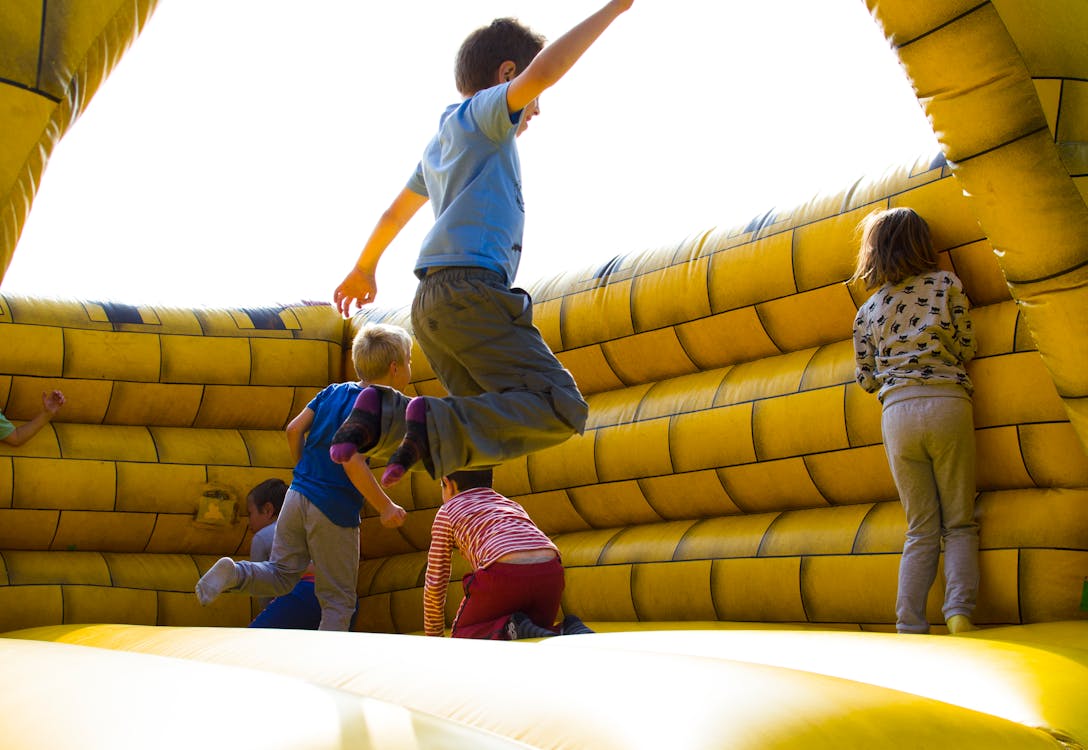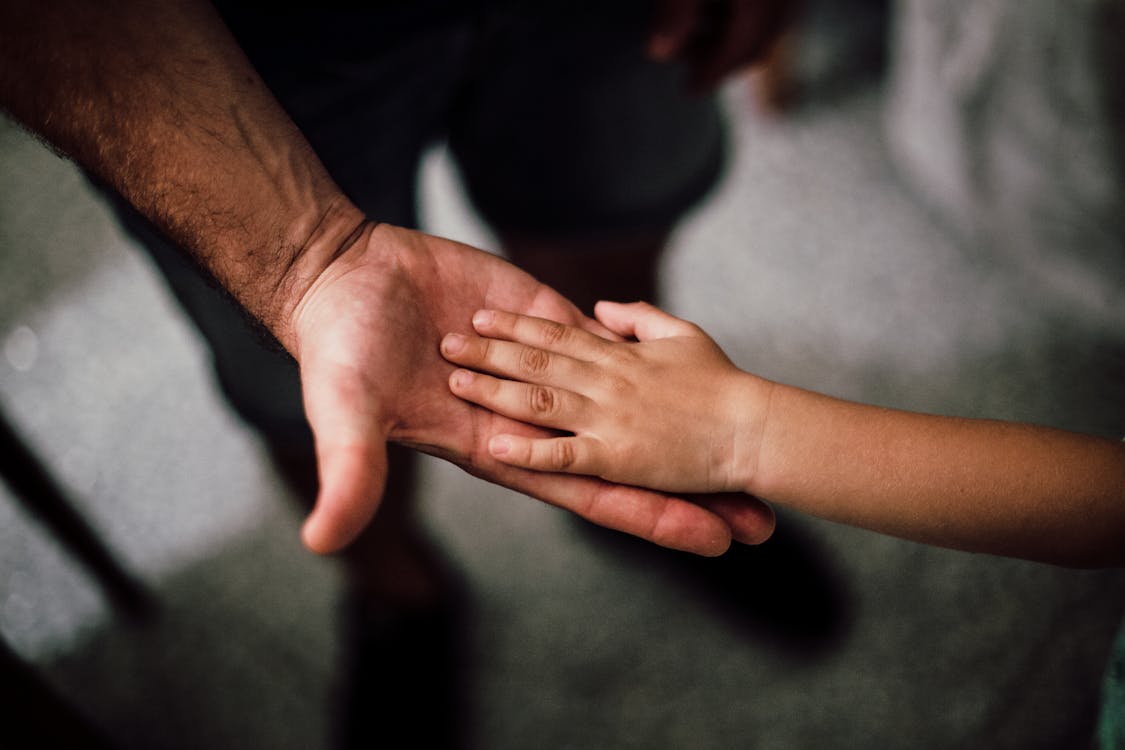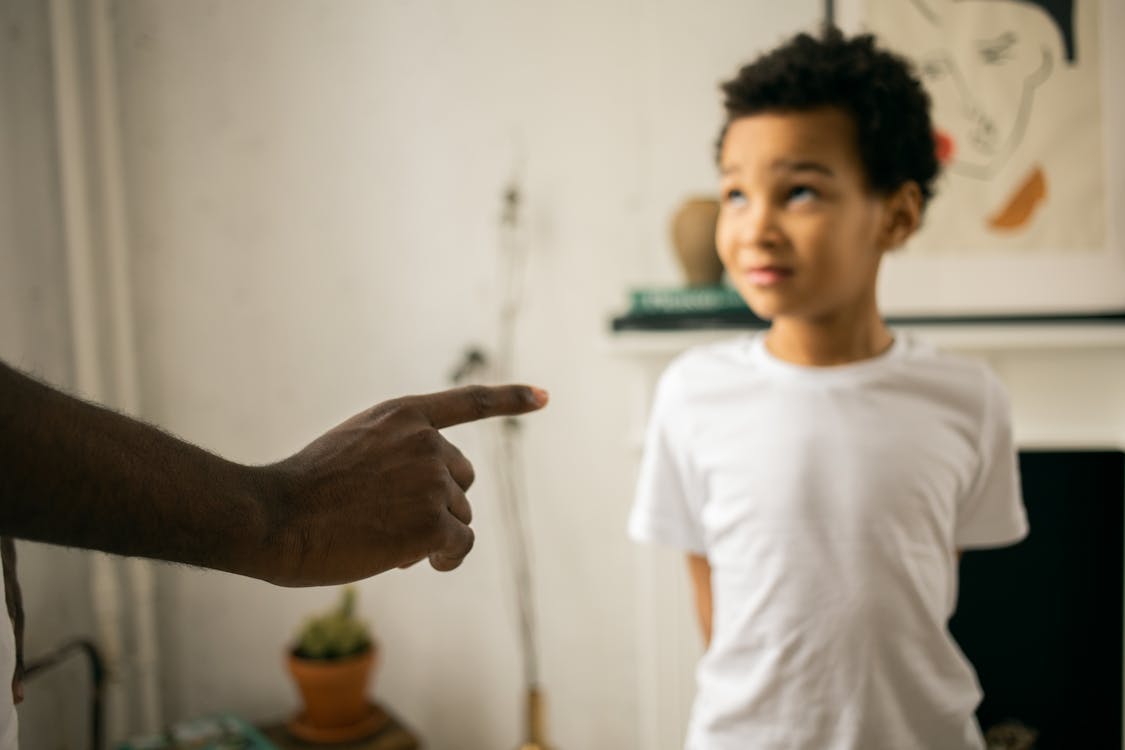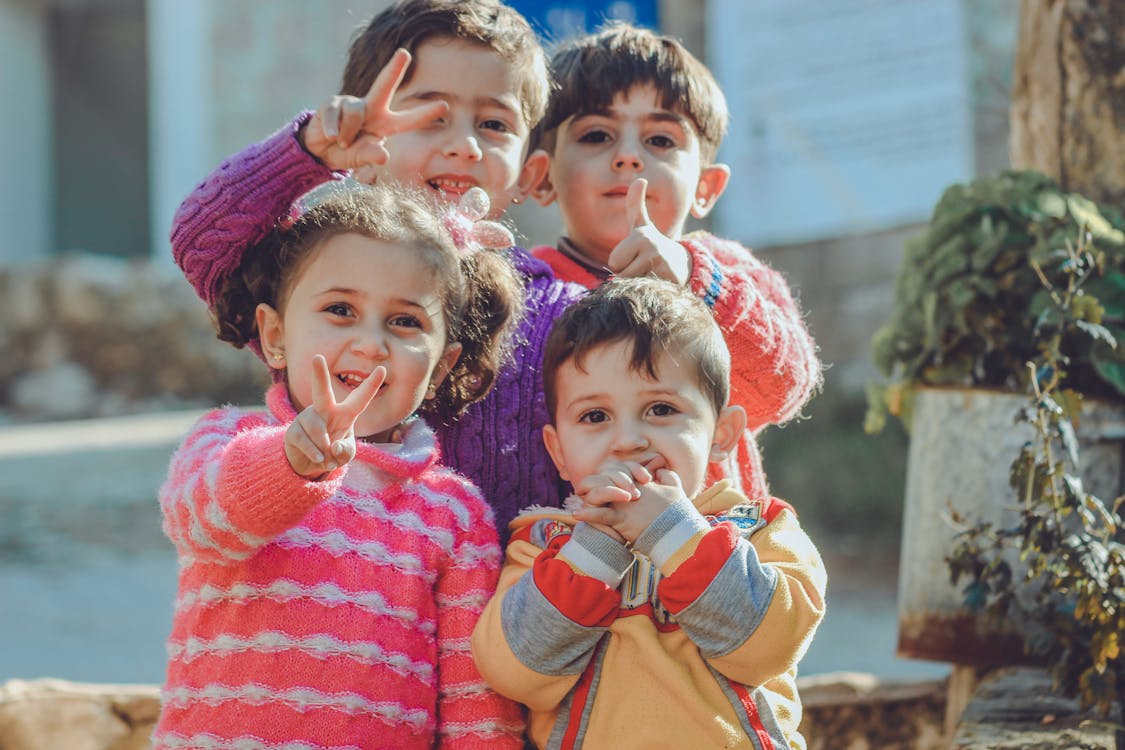Friendship is the result of a combination of emotional and social abilities. We can make a lot of friends if our social skills are good, and we can make good friends if our emotional abilities are good. When our children are unable to make friends, it indicates that they are either shy or worried.
Some children do not understand how to behave with their peers, and as a result, they fight or bully one another. Misbehaviour irritates other children, therefore they avoid making friends with misbehaving children.
By interfering in the process, we can always assist kids in making friends. Friendship is usually the consequence of one’s social behaviour, but parents and instructors can assist small children by modelling appropriate social behaviour.
Using social art to entice them will enable them to:

Control their misbehaviour.
Recognise when one of the kids is being bullied by the other.
Demonstrate empathy for others.
Examine your unpleasant emotions.
Sharing and caring for others are two of my favourite things to do.
Assist with interpersonal communication.
Overcome their phobia of speaking to people, and so on.
A little help can go a long way in assisting kids in making friends.
Request that they examine their actions.

Parents should attend to children who are bullying or who are unable to regulate their emotions in order to teach them where they are going wrong and what they should do instead. Demonstrate your warmth and concern for them, and allow them to figure out how to control their behaviour.
It is unhealthy to compare.

Every parent compares their child to other children. That, we believe, is the best approach to show people where they are mistaken. However, children may not respond positively, and you may be unwittingly instilling jealousy and unpleasant emotions in them. Show them where they’re doing wrong and how they might change their habits.
Kids despise authoritative parenting.

Children will never benefit from authoritative parenting. Children who are raised by domineering parents are more likely to be misbehaved or lack confidence. Misbehaving youngsters are constantly hostile, and they frequently cause injury to others or themselves.
Children with poor self-esteem, on the other hand, are unable to establish friends or face the world. They don’t believe in themselves and are frequently failures. As a result, it’s always a good idea to avoid this style of parenting and instead offer your child love and care in order to help them grow emotionally robust.



